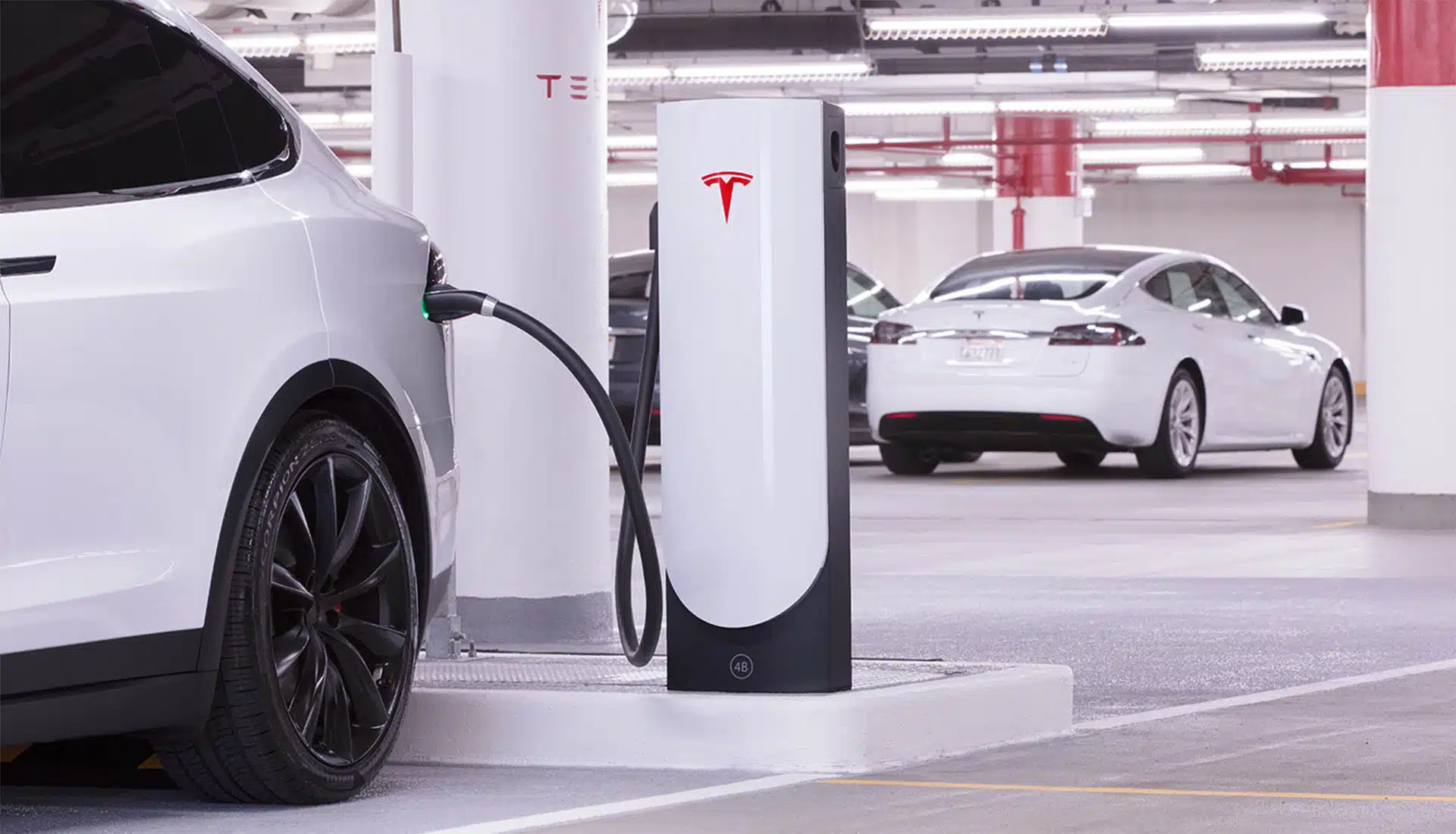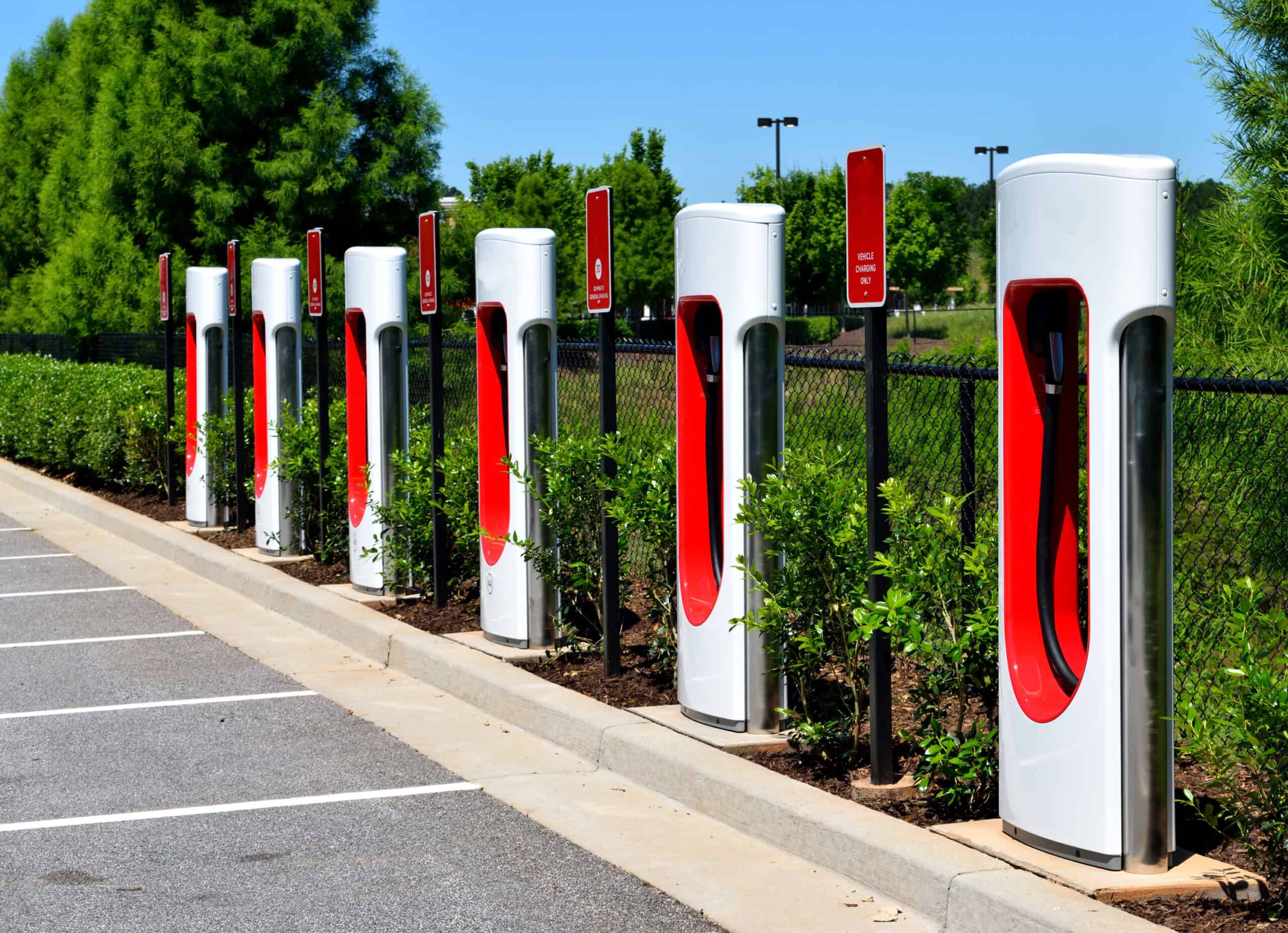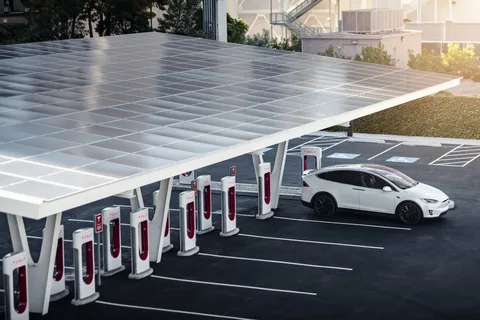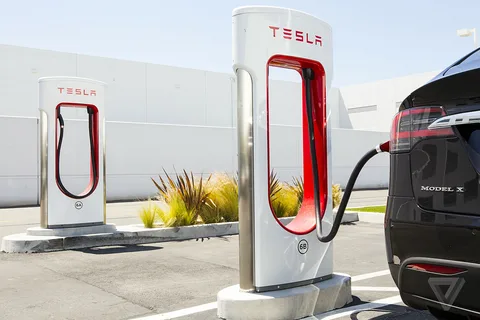Understanding the Cost of Charging Your EV at Public Charging Stations
As electric vehicles (EVs) become increasingly popular across America, one of the most common questions among EV owners is: How much does it cost to charge an EV at a public charging station? Understanding the cost of charging your EV is essential for budgeting and planning your travels effectively. In this article, we’ll explore the factors that influence the cost of charging at public charging stations and provide insights for EV owners in regions like Broward County, FL., Miami-Dade County, FL, St. Lucie County, FL., and Palm Beach County, FL.

Public charging stations come in various forms, including Level 1, Level 2, and Level 3 chargers. Level 1
chargers typically use standard 120-volt outlets and offer slow charging speeds, making them suitable
for overnight charging at home. Level 2 chargers, on the other hand, utilize 240-volt outlets and provide
faster charging rates, making them ideal for public locations like shopping centers, workplaces, and
municipal parking lots. Level 3 chargers, also known as DC fast chargers, offer rapid charging capabilities
and are commonly found along highways and major travel routes for quick top-ups during long journeys.

The cost of charging your EV at a public charging station depends on several factors, including the
charging station’s pricing structure, your EV’s battery capacity, and the amount of energy consumed
during charging. Many public charging stations offer pricing options such as pay-per-use, membershipbased plans, or flat fees for a specified duration of charging.

Tesla owners, in particular, benefit from the extensive network of Tesla Superchargers strategically
located across the country. These fast-charging stations are designed specifically for Tesla vehicles and
offer competitive pricing for rapid charging sessions
To estimate the cost of charging your EV at a public charging station, you can use a simple formula:
Total Cost = Charging Rate (kWh) × Electricity Price (per kWh)
Total Cost = Charging Rate (kWh) × Electricity Price (per kWh)

Once you know the charging rate of the station (in kilowatt-hours, kWh) and the price of electricity (per
kWh), you can calculate the total cost of charging your EV. Keep in mind that pricing may vary depending
on factors such as time of day, location, and charging station operator.
In conclusion, the cost of charging your EV at a public charging station can vary depending on several
factors, including the type of charger, pricing structure, and electricity rates. By understanding these
factors and utilizing resources to find charging stations in your area, EV owners can make informed
decisions and optimize their charging experience. Whether you’re in Broward County, FL., Miami-Dade
County, FL, Palm Beach County, FL, or anywhere else in America, knowing how much it costs to charge
your EV empowers you to plan your journeys efficiently and budget effectively for your electric mobility
needs




